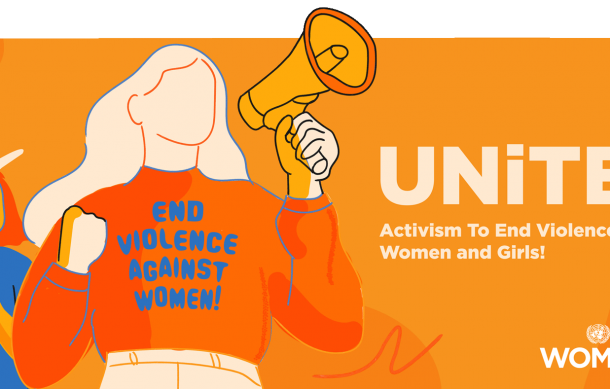
Gender-based violence is a concern in Namibia.
This was said during the launch of the 16 Days of Activism Against Gender-Based Violence campaign in Kankudi village in the Kavango West Region.
This year, the campaign is held under the theme: Unite and invest to prevent violence against women and girls.
The 2013 demographic health survey indicates that Namibia has a GBV occurrence rate of 33%.
The Namibian GBV baseline study of 2017 also shows that the main drivers of GBV include unequal power relations, poverty, unemployment, substance abuse, and negative cultural practises such as child marriage.
Ncamagoro Councillor Thomas Rengi delivered the Minister of Gender Equality, Poverty Eradication, and Social Welfare, Doreen Sioka's, statement at the event.
"In 2022, the Namibian police force recorded 5356 GBV-related cases, of which 1378 were rape cases. These statistics are alarming, and the increased number of cases of sexual abuse of children is a major concern, especially when committed by their biological fathers, family members' relatives, and neighbours. These are the people who are supposed to protect these children by ensuring they are in a safe environment free from abuse. Namibia let's work together to protect our children; they are tomorrow's future. In addition to sexual abuse of children, there have been numerous reports of violence between intimate partners that ends in murder and is sometimes followed by the suicide of the perpetrator."
The study also revealed that domestic violence is the most common form of GBV in Namibia.
Namibians are encouraged to promote peace amongst families, communities, and the whole nation at large to effectively fight GBV.
Each year, the campaign starts on the 25th of November, which is the International Day Against Violence Against Women and Girls, and it ends on the 10th of December.
"The theme calls for all of us—government, civil society, churches, traditional authorities, development partners, and private sectors—to invest in the prevention of violence against women and girls. Violence against women and girls is one of the most predominant and unescapable human rights violations. It disturbs peace and stability in homes and in society at large. Hence, it contributes to high costs in health care, education, and the justice system, to mention just a few. It also denies women an opportunity to contribute to development in their own communities and society at large."
During the launch at Kankudi village, the councillor of Kurenkuru constituency, Fillipus Tenga, encouraged the community members in attendance to participate and take the 16-day commemoration seriously, as this affects every Namibian.





